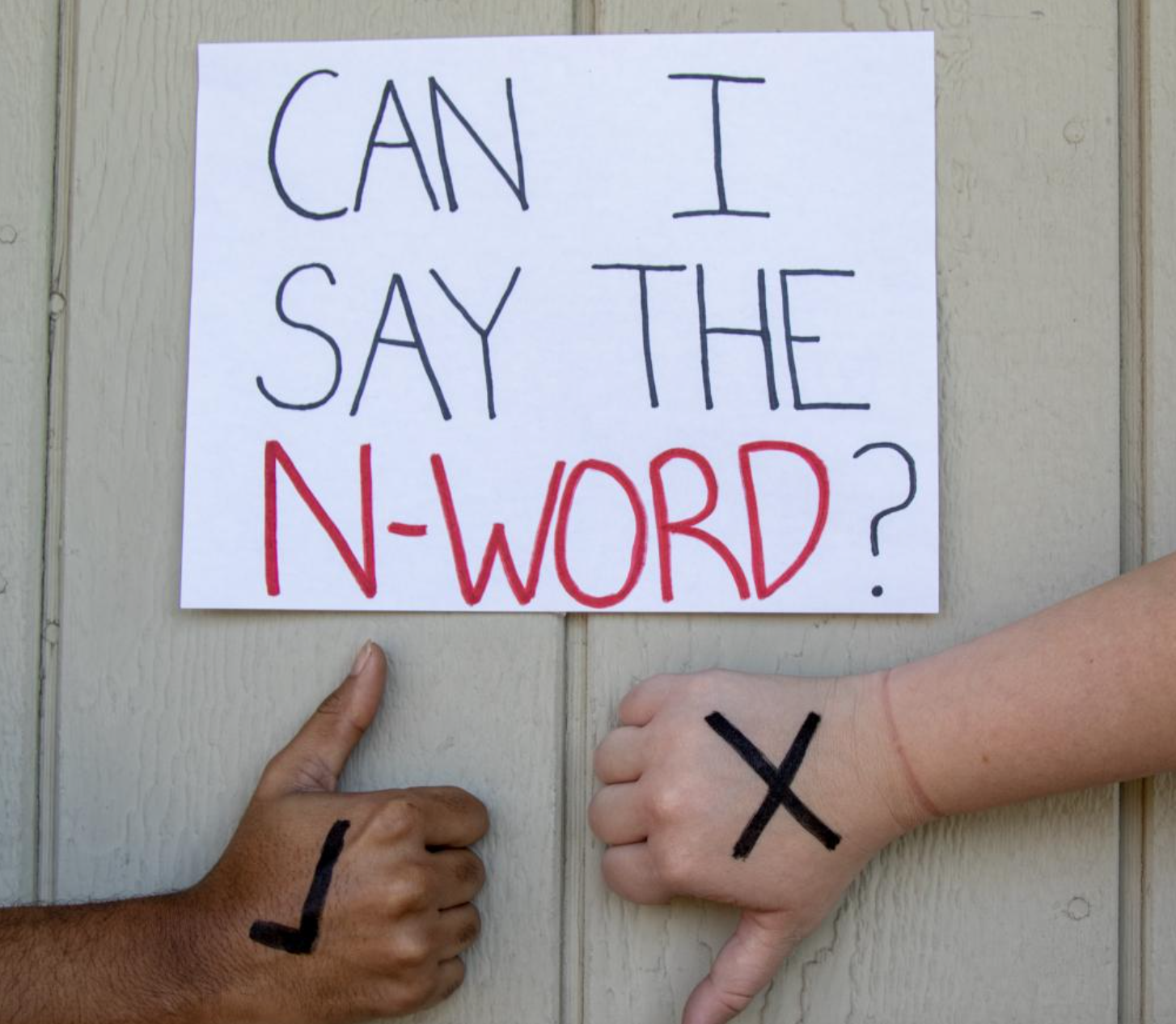FLASHBACK ARTICLE - Hip-hop an excuse for the "N" Word

By Denny Mar
This summer, Queens resident Nicholas "Fat Nick" Minucci was found guilty in a racially motivated assault against would-be car thief Glenn Moore.
Prosecutors said Minucci, an Italian-American, shouted the N-word repeatedly as he used a baseball bat to beat Moore. But Minucci's lawyer, Albert Gaudelli, claimed his client is not a racist and had a justifiable reason for espousing the word - "It's hip-hop slang," he argued.
The N-word has become such a widespread term in the hip-hop culture and African-American communities that Guadelli felt "Fat Nick" had every right to spew it as he delivered the crushing blows to Moore's head.
So is the hip-hop excuse legitimate? Well, not according to the jury. Just one year after the incident, Minucci was sentenced to five to fifteen years in prison.
But the defense attorney's argument raises some interesting questions about the prevalent use of the N-word among certain sectors of society. Should it be used? Should only blacks use it? Should the N-word be banned altogether?
"I think the use of the word is fine as it pertains to hip-hop," said Nina Mickens, 23, an African-American. A senior at Baruch, Mickens argued that although the word "relates to pain and suffering of blacks, it's understood as a different meaning now."
Earlier this year, rapper and actor Ludacris told Oprah Winfrey on her talk show that when pronounced with an "a" suffix, as opposed to an "er" suffix, the N-word indeed takes on a different meaning.
Addressing Ludacris' comments, Baruch sophomore Sophie Axelson, 25, said "I think anyone with any kind of brain can figure out that 'nigga' is slang for 'nigger,' and therefore just as offensive as [the word]nigger."
"Even though I'm not African-American, " said Axelson, who is Caucasian, "I know that many of my friends would be offended if someone, anyone, addressed them by that word."
"Frankly, his [Ludacris']mindset is like that of many of his fellow rappers," added Baruch alumni Satia Ricketts, 23.
But Mickens and the famous rap star both have the backing of African-American Harvard Law Professor, Randall Kennedy. According to published reports, Kennedy, a Rhodes Scholar and author of the book, Nigger: The Strange Career of a Troublesome Word, testified a the Minucci trial that today's meaning of the N-word depends on its context.
A New York Times article quotes Kennedy telling jurors the N-word is uttered "by all sorts of people..." and " can be put to many different uses," ranging from a pejorative term to a genial greeting.
However, creators of the website, www.abolishtheNword.com say "[African-Americans] cannot redefine the "N" word or re-spell it to make it positive."
Inspired by a discussion about the controversial topic on a local radio station, producers, who identify themselves only as "a group of Brooklynites," say they created the site as a way "to discontinue use of the N-word in art, culture and everyday language."
Their hope is to spread the message by selling T-shirts, hats and wristbands inscribed with the "abolistheNword" logo. Visitors to the web site can even print a contract stipulating the N-word must only be used in its appropriate context - to educate, they say.
"Blacks are now experiencing times of small-scale prosperity as we graduate from colleges and enter the workplace, " said Ricketts, a champion of the site's cause. "This is our opportunity to exonerate ourselves from the impact of slavery, and the only way to do that is to shed any connotations that take us back there."
This article was originally published in Baruch's newspaper, The Ticker, on September 16, 2006. Sixteen years later, the topic is still debatable. So what is your take on the N-word debate? Let me know your thoughts! (Please note the website, www. abolishTheNword.com is no longer active.)


